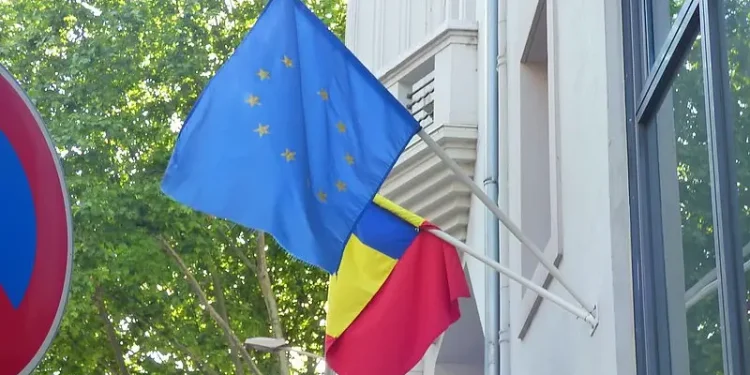Few events define a country’s direction like a national election — and Albania’s 2025 parliamentary vote proved decisive.
With millions casting ballots and diaspora participation enabled for the first time, this election underscored Albania’s readiness to deepen its EU accession process.
European Union leaders, including High Representative-Vice President Kaja Kallas and Commissioner Olivér Várhelyi, welcomed the peaceful and professionally conducted elections, while acknowledging areas requiring urgent reform.
Their joint statement reinforced the EU’s expectation that Albania stay the course toward European integration.
A Calm Yet Uneven Playing Field
According to preliminary OSCE/ODIHR findings, the elections were largely inclusive and transparent. The process was well-managed, with voting occurring in a calm atmosphere.
However, some persistent challenges tarnished the playing field:
-
Widespread use of administrative resources gave the ruling party a potential advantage.
-
Reports of voter intimidation, particularly targeting public sector employees, raised concern.
-
Media independence remained weak, with coverage favoring major parties.
These shortcomings prompted EU officials to urge Albania to adopt comprehensive electoral reforms, addressing not only current issues but also those raised in past election cycles.
Albania and the EU
| For Albania | For the European Union |
|---|---|
| Reinforces democratic legitimacy | Tests enlargement credibility |
| Advances EU accession process | Strengthens regional stability |
| Mandate for continued reforms | Demonstrates impact of EU conditionality |
| Highlights need for electoral transparency | Informs future enlargement policy |
| Connects diaspora to national decision-making | Deepens EU–Balkans societal ties |
Looking Ahead: Reform, Stability, Integration
The vote offered a mixed picture: Albania demonstrated commitment to democratic norms, yet critical issues — corruption, unequal competition, and weak media freedom — continue to undermine public trust.
Still, this election may be a turning point. Prime Minister Edi Rama’s renewed mandate, framed around bringing Albania into the EU by 2030, was reinforced by broad public support.
The diaspora’s involvement symbolized a stronger connection between Albania’s domestic affairs and its global community.
As the EU accession process unfolds, the EU will monitor reforms closely, especially around electoral integrity and institutional independence. Constructive political dialogue across all parties is now essential to maintain Albania’s reform momentum.
Why It Matters for Europe
The 2025 elections serve as a litmus test for the EU’s enlargement strategy. A stable and reform-driven Albania strengthens the EU’s presence in the Western Balkans, a region vulnerable to geopolitical shifts.
Furthermore, Albania’s visible progress validates the EU’s conditionality approach — where reform is rewarded with integration.
By investing in Albania’s democratic future, the EU not only supports regional stability but also aligns the interests of millions of citizens with a shared European vision.
Sources: European Union, New Union Post, and DW.








